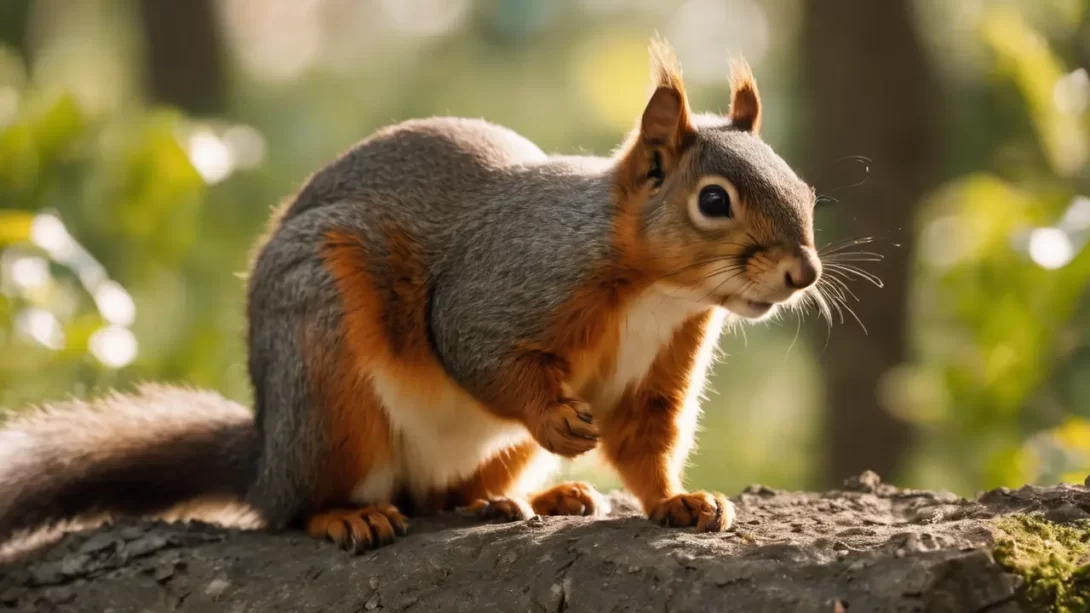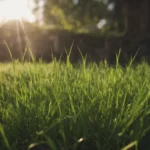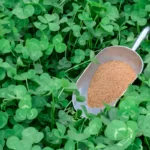Gardens are serene spaces, offering a blend of beauty and bounty. However, they often attract unwanted visitors, notably squirrels, who can disrupt this tranquility by digging up bulbs, nibbling on plants, and disturbing bird feeders. For gardeners, finding an effective and safe method to deter these furry intruders is crucial. While there are various strategies to manage this issue, one commonly discussed solution is the use of mothballs. This article delves into the effectiveness and safety of mothballs in deterring squirrels and explores better alternatives.
Mothballs: Composition and Intended Use
Mothballs, small, potent balls used traditionally to protect clothing from moths and other fabric pests, contain either naphthalene or paradichlorobenzene. These chemicals turn from solids to toxic vapors over time, a process known as sublimation. Designed primarily for use in airtight containers to kill moths and their larvae, mothballs have a very specific and regulated use. Their distinct, pungent odor is familiar to many and is often mistakenly believed to be effective in repelling various pests, including squirrels.
The Myth of Mothballs as a Squirrel Deterrent
The idea that mothballs are an effective squirrel deterrent is widespread among gardeners. This belief is often based on anecdotal evidence, with some claiming success in using mothballs to keep squirrels away from gardens and attics. However, these claims lack scientific backing, and there is little to no research supporting the efficacy of mothballs in repelling squirrels. It’s crucial for gardeners to understand the difference between anecdotal success stories and scientifically proven methods, especially when dealing with potentially harmful substances like mothballs.
The Risks of Using Mothballs in Gardens
Utilizing mothballs in gardens comes with significant risks. These chemical balls are toxic to humans, pets, and wildlife, posing a substantial health hazard. The vapors they emit can cause respiratory problems, headaches, and nausea in humans, and are even more dangerous for smaller animals. Pets and wildlife, including squirrels, can suffer from serious health complications if they ingest mothballs.
Moreover, the environmental impact is considerable. Mothballs can contaminate soil and water sources, leading to broader ecological issues. Their toxic nature affects not just the targeted pests, but also beneficial insects and the overall health of the garden ecosystem.
In addition to health and environmental concerns, it’s important to note the legal implications. The use of mothballs outside of their labeled instructions, which include deterring squirrels, is illegal in many regions. This misuse can result in legal penalties, making it an unwise choice for gardeners.
Safer and More Effective Alternatives to Deter Squirrels
Considering the risks associated with mothballs, it’s essential to seek out safer and more effective methods for keeping squirrels at bay. One practical approach is the use of physical deterrents. Fencing, especially those that are difficult for squirrels to climb, can be an effective barrier. Netting can protect specific plants or areas of the garden. Decoys, like owl figurines, can sometimes deter squirrels, although their effectiveness may diminish over time as squirrels realize they pose no real threat.
Natural repellents offer another safe alternative. These can include substances with strong odors, like peppermint oil, or predator urine, which can be spread around the garden to create an unwelcoming environment for squirrels. It’s important to note that these natural repellents need to be reapplied regularly, especially after rain.
Additionally, thoughtful garden design can play a role in deterring squirrels. Choosing plants that are less attractive to squirrels, removing food attractants like fallen fruits or nuts, and ensuring bird feeders are squirrel-proof can reduce the appeal of your garden to these critters. This approach not only helps in managing squirrels but also enhances the overall health and aesthetic of your garden.
Conclusion: Best Practices for Squirrel Management in Gardens
In summary, while mothballs are a commonly suggested solution for deterring squirrels, they are neither safe nor effective for this purpose. The risks they pose to human health, pets, wildlife, and the environment, combined with legal issues, make them an imprudent choice for gardeners.
The key to successful squirrel management lies in using methods that are safe, legal, and effective. Physical barriers like fencing and netting provide a direct approach to keeping squirrels out. Natural repellents, though requiring regular application, offer a non-toxic way to make gardens less inviting to these animals. Additionally, garden design that focuses on reducing attractants can significantly lower the appeal of the area to squirrels.
As gardeners, our goal is to create a harmonious space that balances our needs with the natural world. This means adopting methods that are not only effective but also responsible and respectful to the environment and its inhabitants. By choosing the right strategies for squirrel management, we can maintain the health and beauty of our gardens while coexisting peacefully with local wildlife. Remember, gardening is an ever-evolving practice, requiring continuous learning and adaptation. By staying informed and flexible in our approaches, we can tackle challenges like squirrel deterrence with both wisdom and care.



